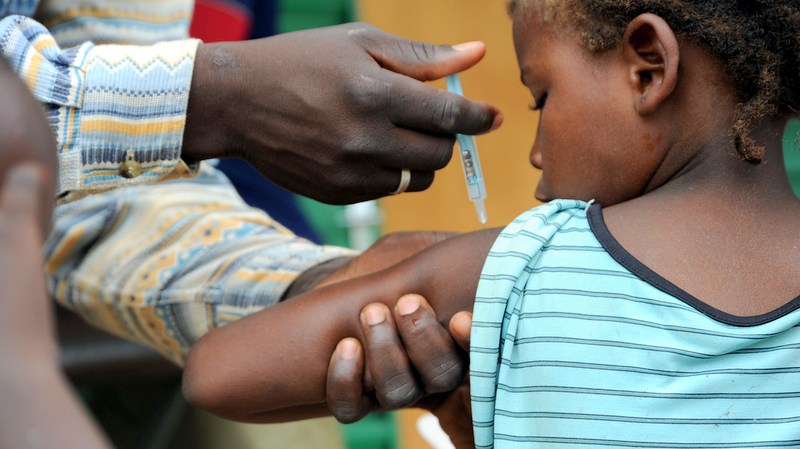The federal government has declared Nigeria free from the latest ‘Type C’ deadly Cero Spinal Meningitis (CSM), which claimed almost 2,000 lives in the country since its outbreak in late 2016.
Chikwe Ihekweazu, the director general of the Nigeria Centre for Disease Control (NCDC), in a statement Saturday, June 24, 2017 said with the decline in Meningitis cases, the 2016/2017 Meningitis outbreak was over and the Emergency Operations Centre (EOC) responding to the epidemic has been stepped down.
Ihekweazu said the outbreak has been in constant decline for eight weeks and the affected states have recorded much fewer new cases.
In the last four weeks, he said, “no local government area has reached outbreak alert threshold. By the 16th of June 2017 when the EOC was stepped down, a total of 14,518 suspected cases of meningitis were reported from 25 states, with 1,166 deaths, giving a case fatality rate of 8%.”
He stated that NCDC, the National Primary Healthcare Development Agency (NPHCDA) and partner organisations worked assiduously to reduce the impact of the outbreak on affected communities.
According to him, the NCDC established a National EOC, which coordinated the national outbreak response. This, he said, included the deployment of Rapid Response Teams (RRT) to the most affected States to strengthen surveillance, case management, laboratory capacity and risk communication.
Ihekweazu said: “The planning process to prevent future outbreaks and ensuring better preparedness for the next epidemic season has begun. Laboratory capacity has been improved with the recent operationalisation of the new National Reference Laboratory in Gaduwa, Abuja with support from the Federal Ministry of Health, the US CDC and the World Health Organisation.
“NCDC is also coordinating a network of laboratories across the country to improve case confirmation capacity. National guidelines towards responding to future outbreaks are being developed together with ongoing continuous awareness campaigns, keeping the general public informed. Workshops to improve preparedness are also being organised.”
He noted that the reactive vaccination campaigns led by the NPHCDA were successfully conducted in Zamfara, Sokoto, Yobe and Katsina States. The state governments were fully engaged in conducting these campaigns to ensure that the vaccines reached the most at-risk population.
The NCDC boss said: “While NCDC has stepped down the Emergency response, the work never stops – we will continue to work 24/7 to ensure the protection of all Nigerians against infectious disease threats. We recognise our leadership, the Honorable Ministers of Health and the leadership of the National Primary Health Care Development Agency for the joint support during the outbreak.
“We are very grateful to the Government of Zamfara and Sokoto States for their excellent leadership during the outbreak. We also thank our partners including the World Health Organisation, Africa Centre for Disease Control, as well as the US Centers for Disease Control and its implementing partners – African Field Epidemiology Network and the University of Maryland Baltimore – for their generous support in the implementation of outbreak response activities,” he added.







